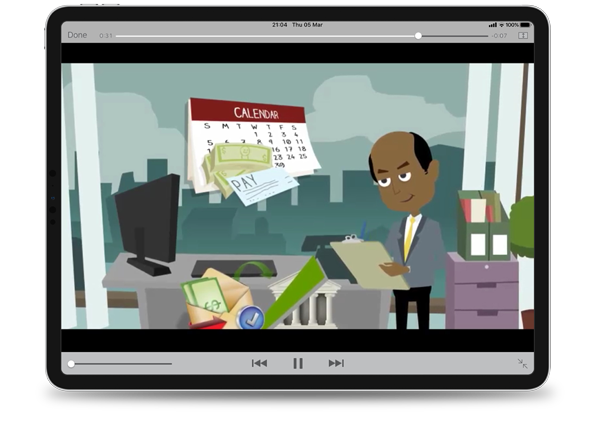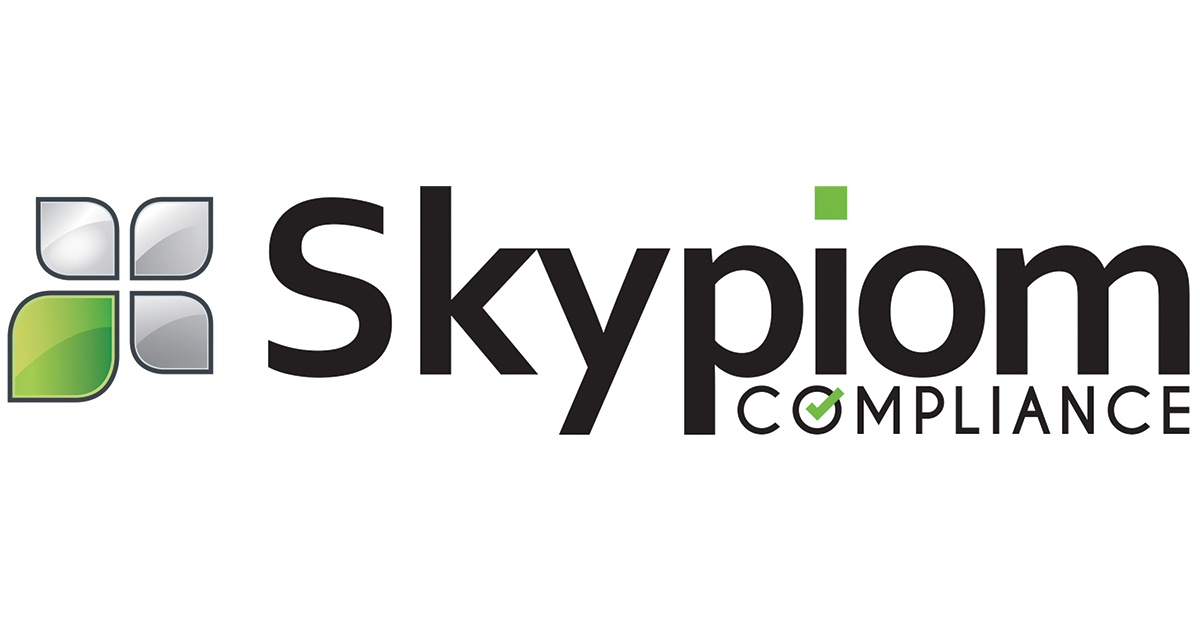Immediate Time to Value
Keep users engaged, productive and compliant – at no additional cost – with Skypiom Compliance’s learning materials.
Skypiom Compliance deploys with ±150 compliance and soft skills courses, with course recommendations displayed on the user’s landing page. This ensures immediate time to value, whereby the administrator may make some or all of the courses available in the course library allowing users to self-enrol into the content as they wish.
Alternatively, courses may be restricted so that users cannot self-enrol. In this case the administrator enrols users into the required courses.
Accredited & Non-Accredited Learning Materials

Accredited Compliance Content
Each compliance course is bundled with a verifiable certificate and accredited by the Compliance Institute of Southern Africa (CISA) as CPD bearing in the area of governance, risk and compliance. Examples of accredited compliance courses include:
Soft Skills Content
Upon successfully completing each course, of which there are ±150, the user earns a Skypiom certificate and Open Badge.
Modules & Recaps
Assessment
Download



